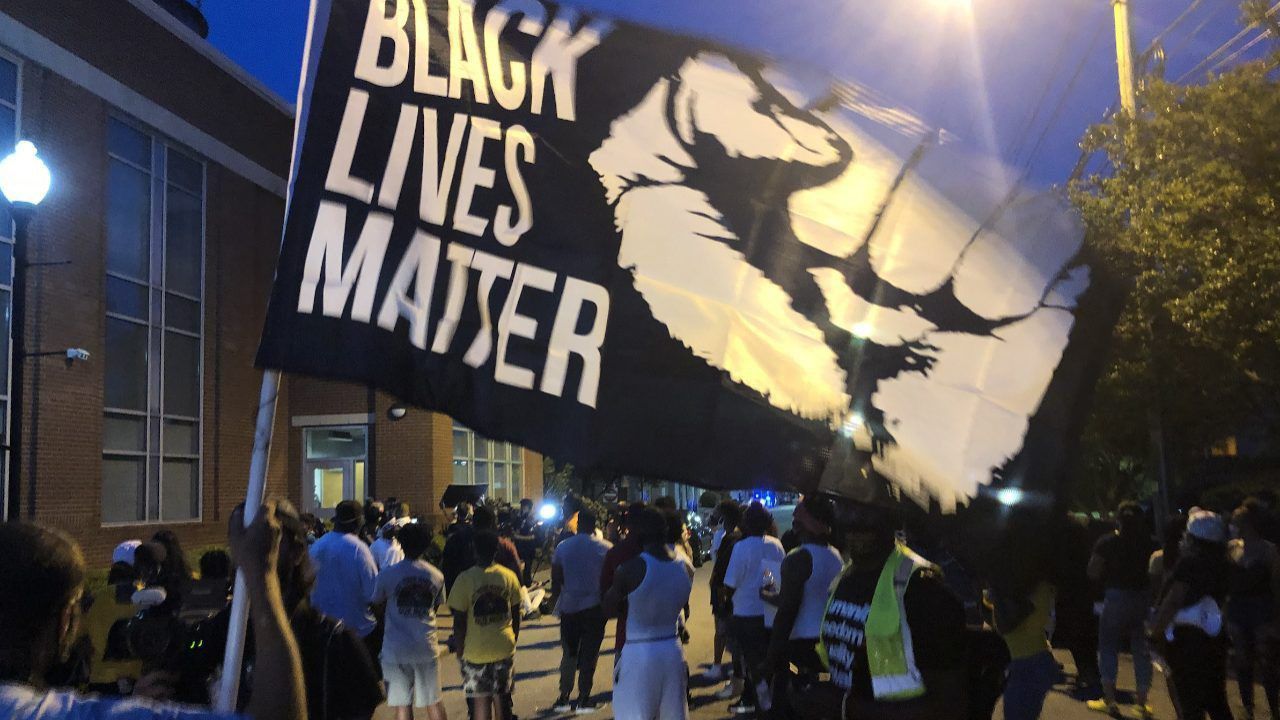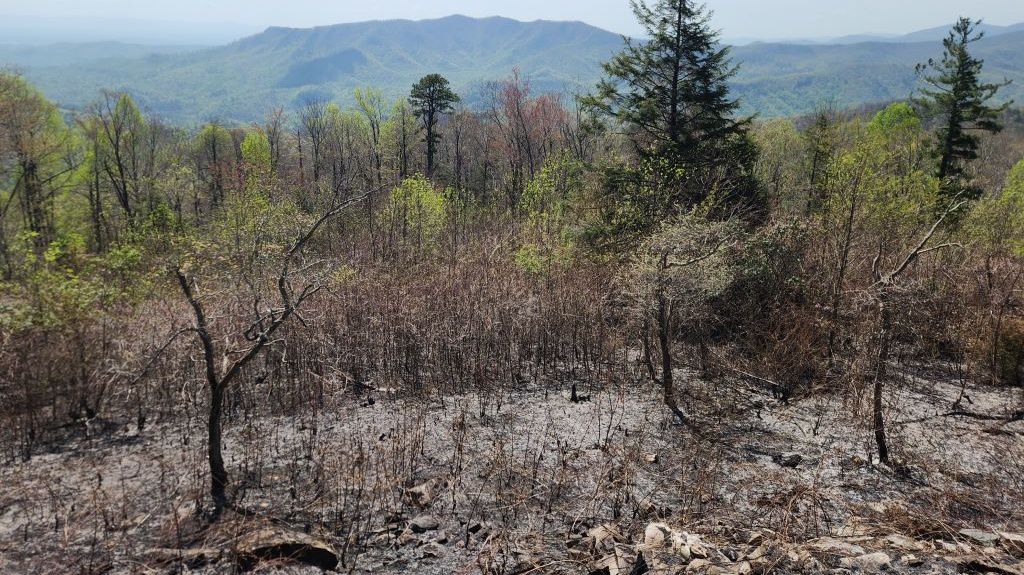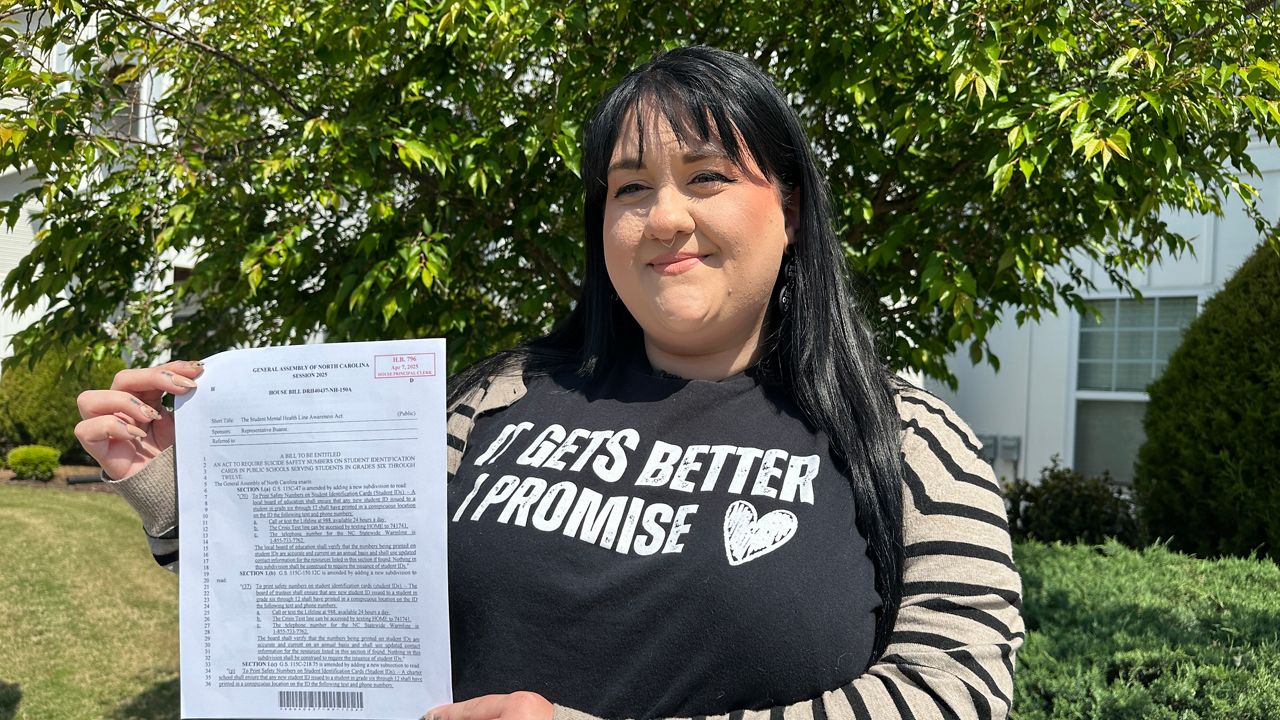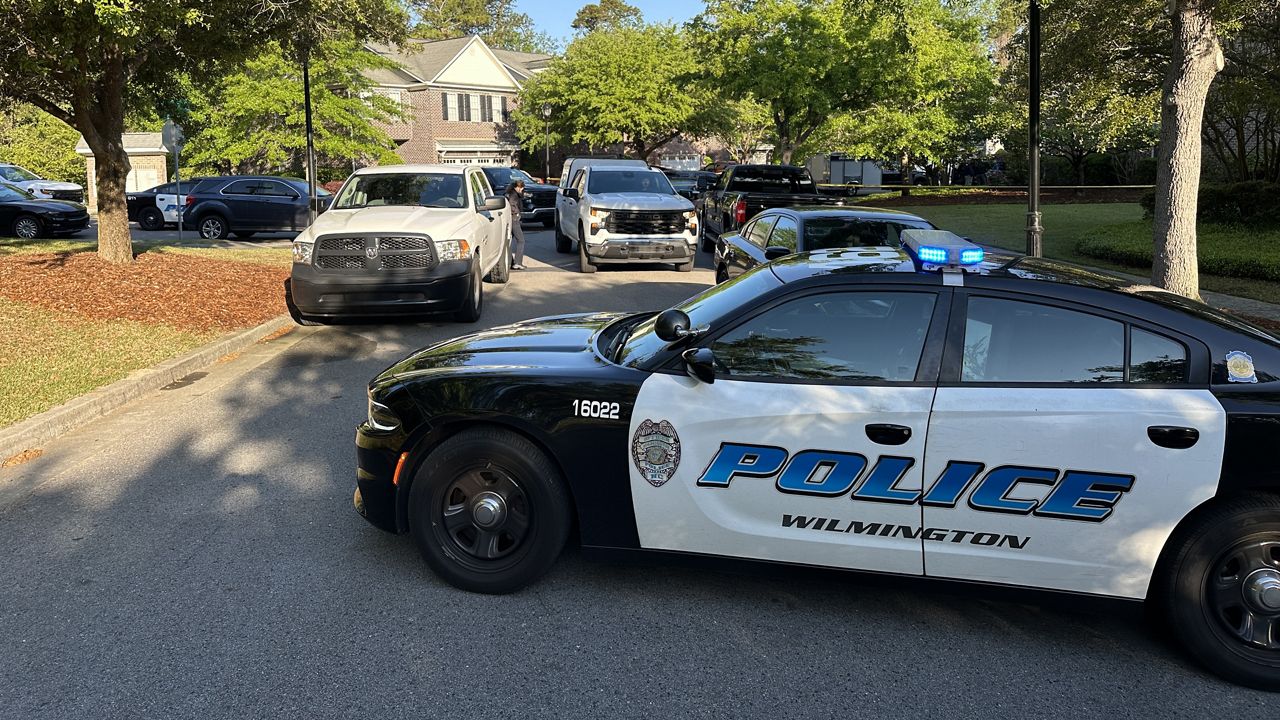Read part 1 of this special report here.
Over his 25 years as a prosecutor, Ben David has spoken at a lot of graduations for new police officers and sheriff’s deputies. He’s been the elected district attorney for New Hanover and Pender counties since 2004.
He always tells the new officers: “I am going to be your attorney if you’re killed in the line of duty. You don’t have to guess if there’s someone else in my 50-person office who is handling that case. I am going to be the one who is giving the closing argument against the defendant who took your life.”
“I will also be the one signing the indictment and personally trying you if you’re the one that did a murder and I've signed that indictment as well,” he said he tells them.
Lorrin Freeman, the district attorney for Wake County, said the laws governing police use of force are similar to self-defense laws.
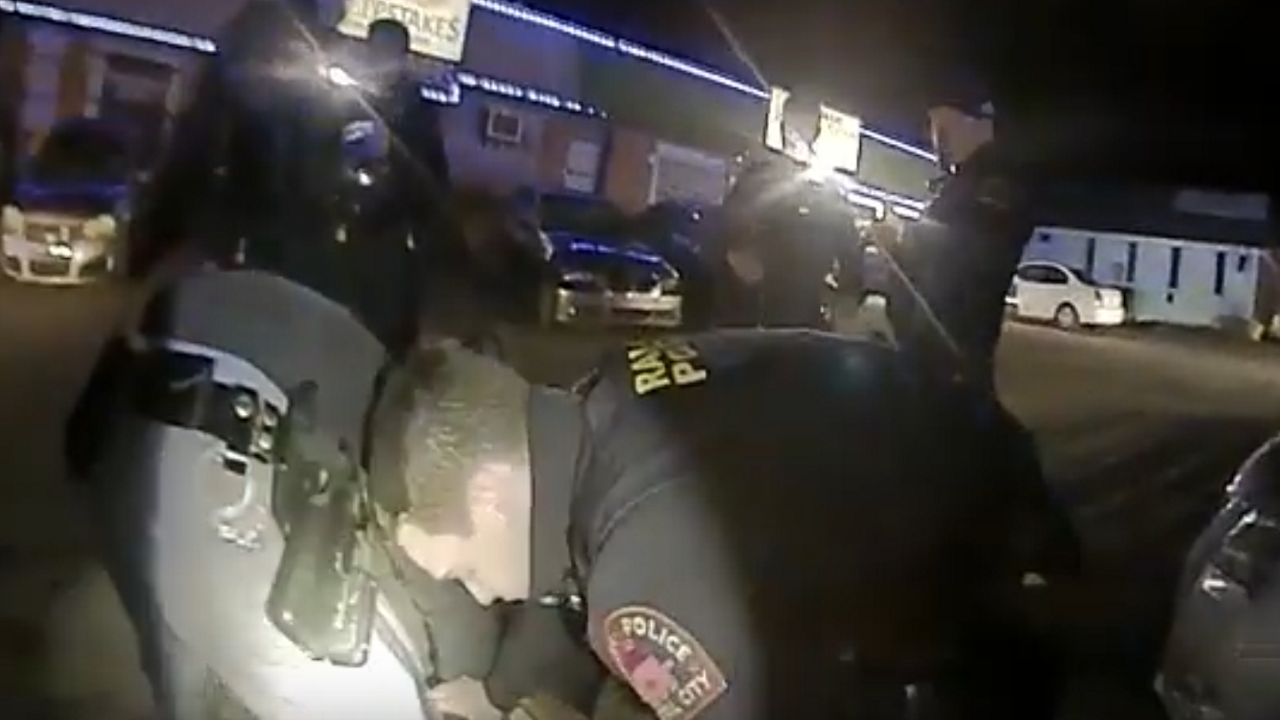
“People have some presumption that it’s more complicated than other types of cases, or there might be some special type of provisions applicable to law enforcement. In most of these cases, really all of them, what we’re looking at is, was there a self-defense that was appropriate under the law that justified the use of force?” she said.
Community groups have criticized Freeman for deciding not to seek indictments in several police shootings in recent years, including the Darryl Williams case. Williams died after Raleigh police officers used a Taser on him several times during an arrest on Jan. 17, 2023.
“You have to do your best to tune out both sides, the public pressure, the law enforcement, if there is any pressure on that side, and try to do what is right,” she said. “At the end of the day, it really is about looking at, how does the law apply? Was the actions in the moment of that officer, was his belief that he was in danger or somebody else in danger?”
She did get indictments in the case of Kyron Hinton, an unarmed man who was beaten by police in 2018. A Wake County deputy and a state trooper pleaded guilty in that case.
Hinton died almost a year later. An autopsy showed he died of cocaine toxicity and a neck injury. Freeman said there was not enough evidence to charge the officers with murder after Hinton’s death, drawing criticism from Hinton’s family and some in the community.
Convictions are rare in police shooting cases. And they are hard cases to get a jury to agree on, said David, the DA for Pender and New Hanover counties.
He said these cases can be like a Rorschach test for a jury. Different people can see different things in video from a body camera just as they see different shapes in an ink blot.
“It’s important to put these cases in a courtroom and it’s important that we have processes in place.”“The public is so divided on this issue, just like America is polarized in so many ways, that it’s very hard to put these cases in a courtroom,” David said. But still, he said, “It’s important to put these cases in a courtroom and it’s important that we have processes in place.”
Matthew Hamilton, a former Greensboro police officer, was indicted in 2022 for manslaughter in the shooting death of Joseph Thomas Lee Lopez the year before.
“Nothing is more important in the criminal justice system than making sure that those enforcing the laws are not above it,” David said.
In North Carolina, it is solely up to the elected district attorney to decide whether or not to charge someone with a crime, including police officers. They can call in special prosecutors if they want an independent voice from outside their community to make that decision. But ultimately that is up to the DA too.
Forty people died in police shootings in North Carolina in 2023. The Spectrum News 1 database documented 60 such shootings over the course of the year. Another 17 people were injured.
There is no central database tracking these cases, other than the files kept in the SBI’s case management system, according to the SBI.
Body cameras, community and political pressure, and cultural changes in law enforcement agencies themselves, have generally brought more transparency to police shootings. That change has come slowly, and not evenly, across the state.
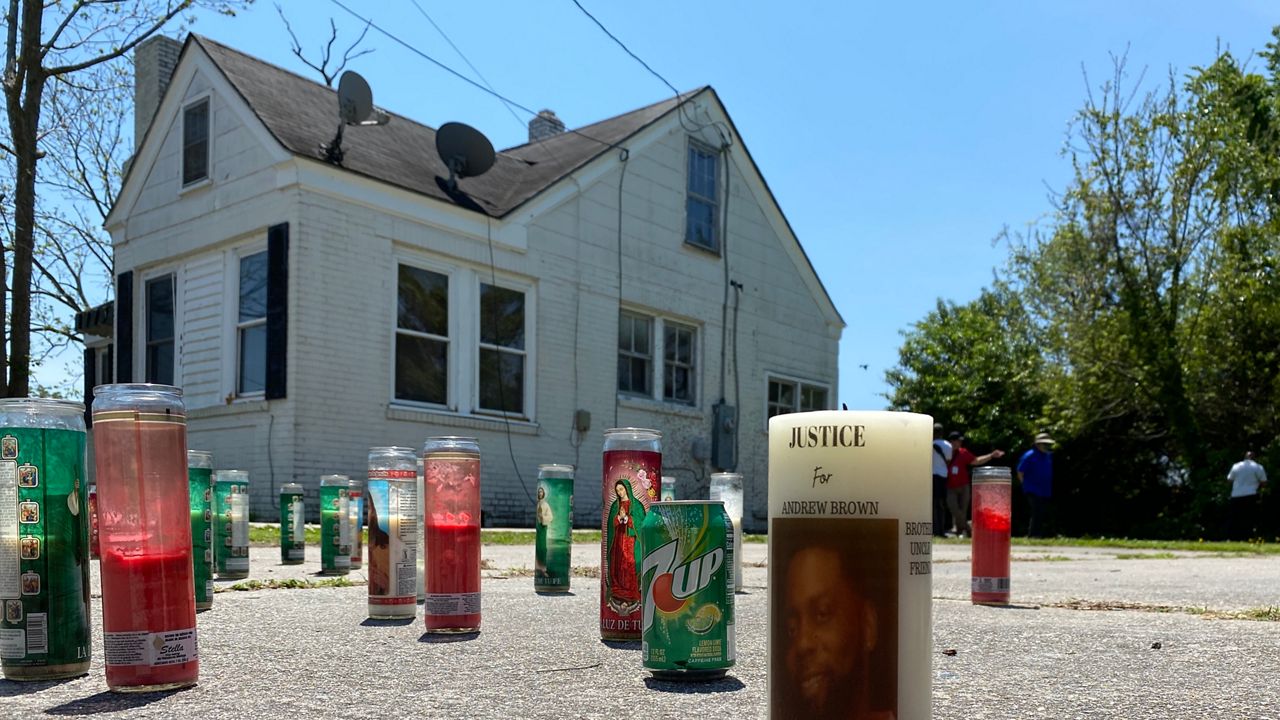
The killings of George Floyd and Brionna Taylor, of Michael Brown in Ferguson, Missouri, and Andrew Brown in Elizabeth City, North Carolina, fueled protests around the country. The Black Lives Matter movement took center stage in the national conversation.
In 2020 and 2021, protests over police shootings and use of force took over downtowns in Raleigh, Charlotte and other North Carolina cities.
“Even though it looks like we’re not making progress towards accountability, we are,” said Dawn Blagrove, an attorney and head of EmancipateNC. “Just having these conversations is a step in the right direction.”
She said communities and elected officials are talking more about the bigger issues behind police shootings.
Last year, Durham became the first city in North Carolina to set up an alternative response team for people facing mental health crises, so armed police are not the first people to show up for those situations.
Blagrove said she is in talks with officials in Raleigh and Fayetteville about potentially bringing similar programs to those cities.
People are thinking and talking more about systemic racism, she said.
“The problems in law enforcement are not just law enforcement problems, they are really American problems. Until we address the American problems, we can’t really address the problems with law enforcement,” Blagrove said.
Things have changed for police and prosecutors, too. In the decade since she became DA, Freeman said the way her office handles these cases has changed.
“The national standard of care in these cases came to be much more transparent about what exactly the investigation showed,” she said.
“Most of us now, district attorneys who are working these cases, we make a decision in these cases and after we meet with the families, we tell them about that decision, we issue these reports that try to set forth the facts as they’ve been presented to us,” Freeman said.
Ben David, the DA in Wilmington, said he has seen a shift at all levels.
“In the 25 years I’ve been a prosecutor, I think we’ve never been stronger with de-escalation, with really looking at mental illness, with use of force training and what that really looks like,” he said.
But it’s more than that, David said, “This has been a great time of introspection for everybody in America, particularly in the justice system, and that’s a good thing.”





